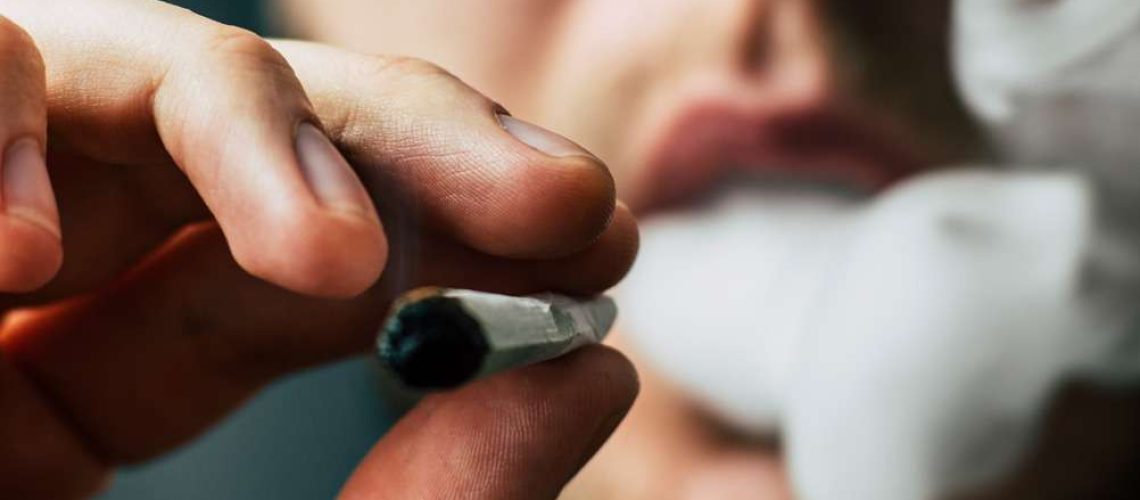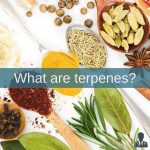The world has always been curious about cannabis, and how addictive it can be. And the truth is, while it does lead to dependency in quite a few users, it’s not as bad as other addictive substances, like opioids for example.
At the same time a lot goes behind the curtains when you consume cannabis. From the type of product you consume, your experience and frequency of using it as well as your metabolism, everything determines whether you’ll experience dependency and to what extent.
In this article, let’s learn about what cannabis dependency is all about, how it impacts your daily life, it’s symptoms and how you can manage them the right way.
Cannabis Dependency
The consistent use of cannabis over a long period of time often leads you down a circular path of repetition and routine. This is that phase of your regular use where you develop some degree of dependency on the cannabis product you’re using. Some common signs of this development are:
- You feel the need to consume more cannabis often
- Inability to go without your dose for multiple days
- Becoming tolerant to previous doses and requiring higher potencies
- You begin neglecting your daily duties and responsibilities
- You lose interest in things/hobbies that once excited you
Not every consumer goes through the dependency symptoms. However, the following are cases where you (a consumer) may develop dependency:
- You consume high THC doses. THC is the intoxicating psychoactive cannabinoid found in cannabis that proves to be the major cause of an addictive behavior. The higher the THC potency of a product, the more you’re prone to dependency on the product.
- You consume cannabis constantly. There is no start or end of a day that’s without some weed. You consume it multiple times during the day to the point that your doses do not affect you the way they previously did. The longer you consume cannabis, the more you’re prone to becoming dependent.
- You’re constantly shifting onto higher potencies. Once you get used to a certain dose, you may no longer feel the high come through. To enjoy that kind of high, you might depend on higher and stronger doses of cannabis. This means that your tolerance for potent THC keeps on increasing, making you dependable on much stronger doses of the cannabinoid.
- You combine high cannabis doses with alcohol. Cannabis is intoxicating and so is alcohol. So what happens when you combine the two together and consume them regularly, you develop a sense of dependency. In this case, however, it can be hard to determine what you’re dependent on, the weed, the alcohol or a combination of both. Either way, this can lead you down a spiral.
Note: We do not recommend combining cannabis with any other intoxicating substances like alcohol. Even in the case of prescribed medication, it is recommended that you consult a doctor to ensure that cannabis won’t interact with your medications.
Cannabis Withdrawal Symptoms
The name says it all, these are symptoms that you face when trying to cease all cannabis use. When you take a step back from a routine you’ve followed for months, or years, your body begins to crave the routine. This is even true for the sleep that you lose once you start waking up at 5 a.m. In other words, anything that’s a part of a routine you’ve followed is hard to give up.
When it comes to cannabis use, the same law applies. If you’re consuming cannabis regularly, you might find yourself in the dump when trying to cease consumption.
Cannabis, as an intoxicating substance, can make withdrawal difficult. Some basic symptoms of this withdrawal can be as follows:
- Constant changes in mood
- Irritability
- Symptoms of anxiety and depression
- Headaches and loss of focus and concentration
- Changes in appetite and stomach issues
- Craving for cannabis
- Cold sweats and chills
It is crucial to remember that while these symptoms aren’t dangerous or critical, they can be extremely uncomfortable and lead to unpleasant experiences for the patients. On an average, a patient trying to withdraw from cannabis consumption has to suffer from these symptoms for about a month. It is usually during the second and third week that most consumers feel the gush of severe symptoms but these tend to settle down by the fourth week. However, there are things you can do to avoid experiencing these symptoms.
To ensure that you’re able to manage your withdrawal symptoms quickly and effectively, without the chance of relapse, you can follow these steps.
- Not cease consumption altogether. When you completely stop consuming marijuana without preparing your body, you’re prone to experience more of these symptoms. Instead, it is recommended that you withdraw from marijuana use at a steady pace. You can start by consuming cannabis once a day to once every alternative day. Then reduce your consumption to twice or once a week and so on. These gaps will also help bring your tolerance down a notch.
- Switch between product types constantly. If you’re currently smoking a cannabis flower, switch to a tincture next or an edible. This constant change in the mode of consumption reduces your chances of developing dependency on a particular product.
- Switch to lower potency products. Once you’ve started switching between the products and spreading your doses across multiple days, you can also begin consuming less potent products.
- Replace THC rich products with high CBD concentrates. Replacing the intoxicating cannabinoid (THC) with the analgesic and anxiolytic (CBD) is the next step towards an easier withdrawal process.
Apart from these steps, you can always get professional help from your physician or a rehabilitation center. Even when you’ve just started trying cannabis, it is always recommended that you consult a physician and get a medical marijuana card in New York. During the consultation, you can ask your physician all about the possible side effects of your cannabis use, the right dose and type of product that will benefit you and more.
Related
-
5 Benefits of Using Cannabis Flower
The cannabis flower is the MVP of the cannabis industry…
-
Becoming a Medical Cannabis caregiver in Florida
What is a Medical Cannabis Caregiver? A medical cannabis caregiver…
-
What are Cannabis Terpenes?
The Cannabis plant is a very complex one made up…




